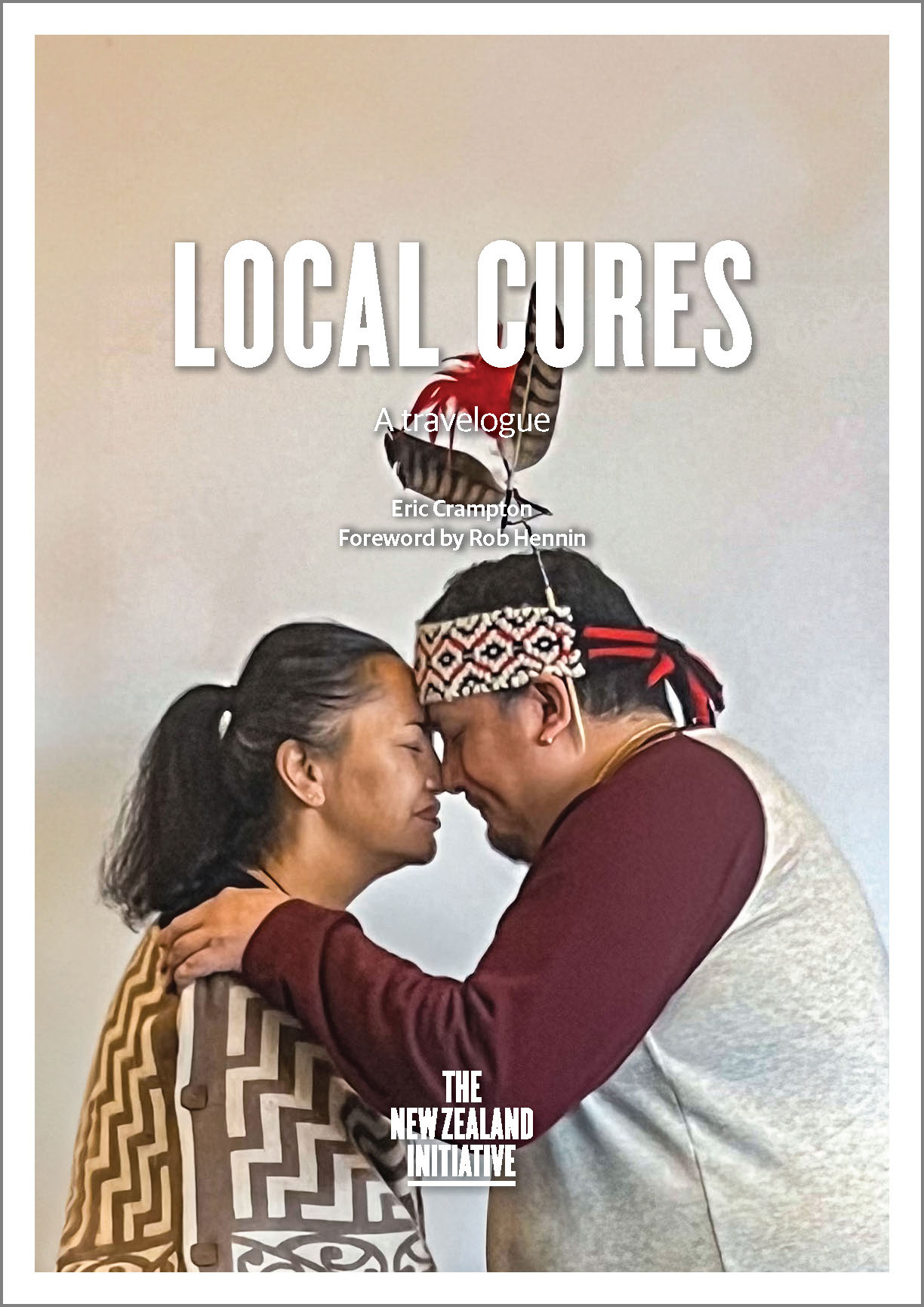Canada’s devolution of health services to First Nations provides a strikingly different way of thinking about localism, according to Dr Eric Crampton, Chief Economist with the New Zealand Initiative.
“Canada’s central government has long provided, under treaty, a ‘medicine chest’ of funded services to First Nations peoples. Devolving authority over and responsibility for those services is more recent and shows promise.”
Insurer nib recently led a study tour to British Columbia to learn from their First Nations Health Authority, now starting its second decade. Dr Crampton is grateful for the opportunity to have joined.
Devolution of health services to British Columbia’s First Nations meant a more strongly local emphasis, with community voice driving decisions about services.
While British Columbia’s First Nations were the first to set a First Nations Health Authority across the entire province, First Nations have taken up self-government in health in different ways in other provinces.
Similarly, about a third of Canada’s First Nations have chosen to take up local tax authority through the First Nations Fiscal Management Act, setting rates on land held as Reserves, with the ability to use those revenues to back infrastructure debt. Devolution to First Nations in Canada is by request, rather than broad-brush.
Dr Crampton concluded, “New Zealand’s debates over centralism and localism generally focus on councils versus central government. But councils are not the only local organisations close to their communities. Canadian First Nations can request devolved authority on their land. Perhaps New Zealand’s localism discussions should be broadened.”
Local Cures: A travelogue
14 August, 2024





